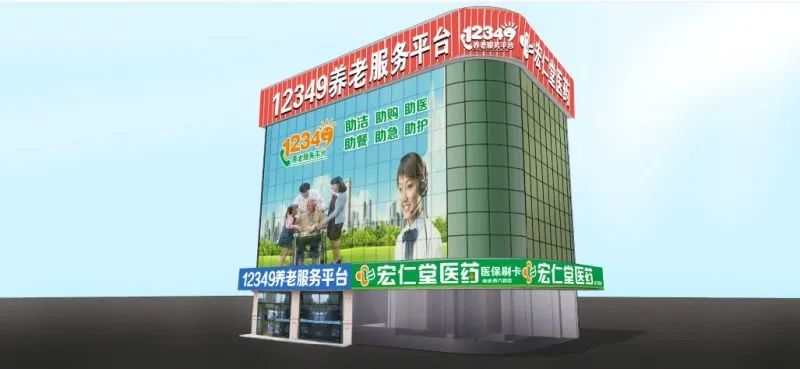
Click on the above “Zibo 12349” to subscribe!
Understanding Qigong and Its Four Major Benefits
Qigong is a widely recognized form of exercise that not only the elderly practice but also many young people have shown interest in. This is because Qigong greatly benefits human health. Let’s take a look.
Essential Knowledge About Qigong
Qigong is generally a method of physical and mental exercise that uses body adjustment, breath regulation, and mind control to promote health, develop potential, and prevent or treat diseases. Body adjustment refers to controlling body movements and posture, breath regulation refers to controlling breathing, and mind control refers to regulating psychological activities. These three adjustments are the three main components of Qigong and the basic norms and methods of Qigong practice.
Qigong is divided into two main categories: dynamic Qigong (dong gong) and static Qigong (jing gong). The former is also known as external Qigong, while the latter is known as internal Qigong. External Qigong is based on internal Qigong; stillness must precede movement. As the saying goes, “internal practice cultivates essence, qi, and spirit; external practice strengthens muscles, bones, and skin.” When essence, qi, and spirit are abundant, the muscles and bones can become strong. Static Qigong is not about being motionless but rather about being “externally still while internally active,” which is a special state of movement in the body. As Wang Fuzhi said, “Stillness is not inactivity.” Stillness nourishes the spirit, with breath regulation as the main practice method; movement focuses on practicing form, with physical movement as the main practice method.

So, what are the specific effects of Qigong?
The Four Major Benefits of Qigong
Delays the aging of internal organs. As people reach middle age, their organs begin to age, and in old age, organs may deteriorate or undergo pathological changes. One major reason for this is impaired blood circulation. For example, high cholesterol, high blood lipids, high blood viscosity, and atherosclerosis can all lead to arteriosclerosis and poor blood circulation, which fall under the category of qi stagnation and blood stasis in traditional Chinese medicine. Practicing Qigong can reduce blood viscosity, lower cholesterol and blood lipids, and enhance the function of internal organs, thereby delaying the aging of these organs.
Enhances immune function. With consistent Qigong practice, the saliva in the mouth increases, which contains various immune cells that can enhance immunity. Research has shown that individuals who practice Qigong have increased levels of various immune cells in their blood compared to a control group that does not practice Qigong. These experiments provide scientific evidence that practicing Qigong can reduce the incidence of colds, infections, and age-related diseases.
Improves blood circulation and alleviates blood stasis. Scientific experiments have observed improvements in the microcirculation of practitioners. The microvessels in the fingers of those who practice Qigong show an increase in the number of open capillaries, indicating that Qigong is beneficial for blood circulation. Improved blood circulation can prevent many diseases, such as coronary heart disease, cerebral thrombosis, and insufficient blood supply to the brain. Additionally, Qigong can improve the physiological state of organs that have already developed blood stasis, such as myocardial infarction, cerebral thrombosis, and early liver cirrhosis.
Unblocks meridians and expels pathogenic qi. Many Qigong practitioners have experienced sensations in areas of illness during practice, such as patients with headaches feeling a throbbing or swelling sensation in the affected area when the qi flows through the meridians. Once the meridians are unblocked, some may feel a warm current flowing through the meridians, leading to the disappearance of the headache. Long-term practitioners without diseases have been found to have more open meridians than those who do not practice Qigong or those who are ill, indicating that practice can enhance meridian flow. For those with blockages, practicing Qigong can gradually open the meridians, leading to recovery from illness.

Zibo City 12349 Elderly Service Platform
Address: Intersection of Xincun West Road and West Sixth Road, Zhangdian District, Zibo City
Website: www.zb.12349.com
Consultation Hotline: 2125239 12349


